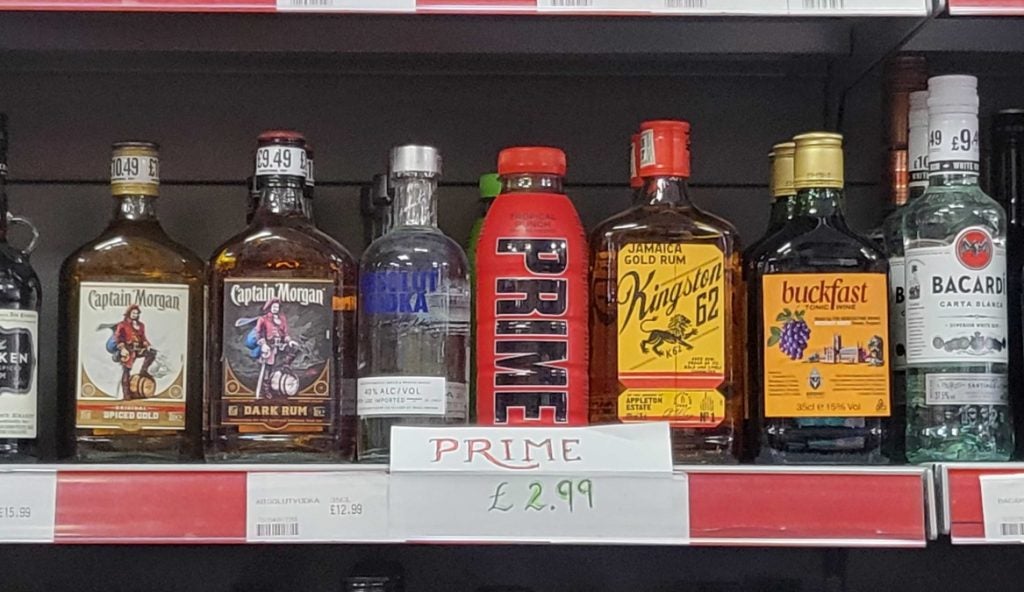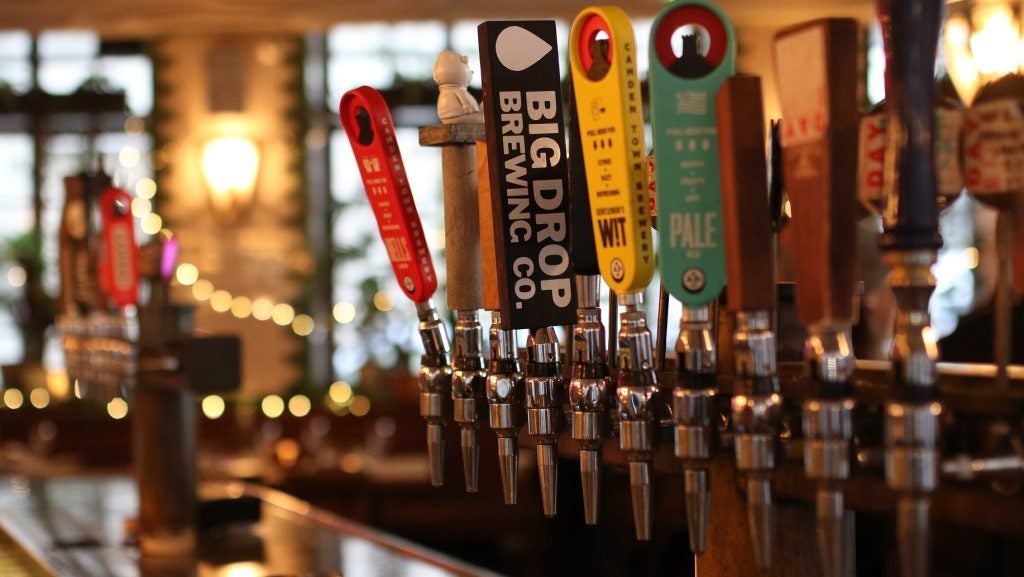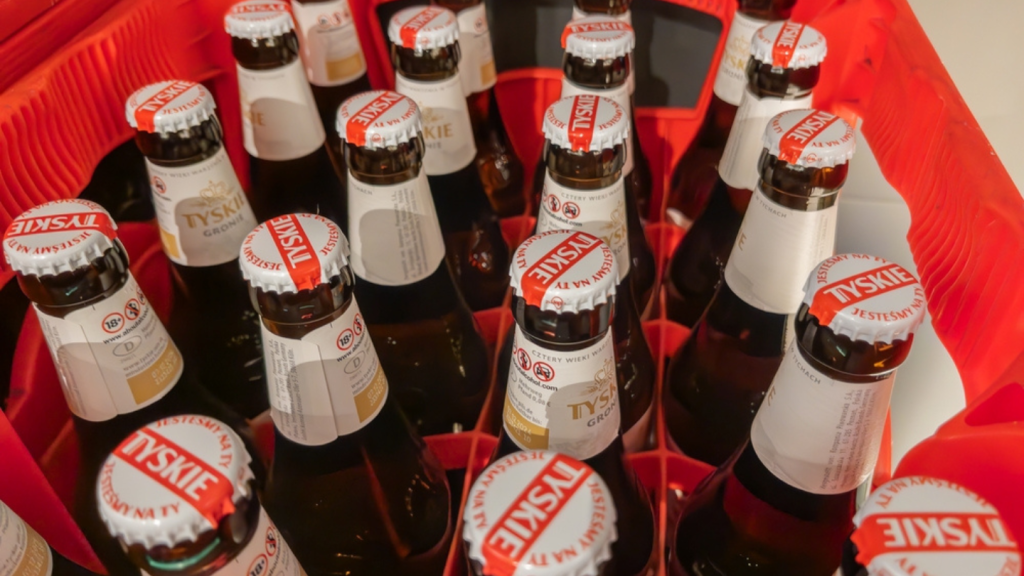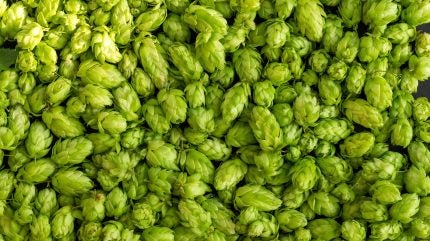
Genetic breeding could offer a solution to a significant threat to hops: a rapidly changing climate with longer, hotter summers, and milder, shorter winters. Yields are expected to drop by between 4% and 18% by 2050, causing problems for hop farmers, breweries and brands, with specific flavours, aromas and acidity becoming increasingly difficult to achieve.
The problem is sparking innovation across the beer sector, as brands and farmers alike scramble for a solution. However, with the 1.5 °C threshold set by the Paris Agreement looking increasingly difficult to achieve, unpredictable weather patterns are set to stay.
Trouble is brewing
Globally, most hops are grown in the US but hop farming is also a major industry in countries including New Zealand, Germany, the Czech Republic, Austria, Slovenia and the UK. Changing weather patterns worldwide are impacting growing conditions for hop plants, which in turn affects the quality and quantity of hops (and subsequently, the characteristics of the beer they produce).
“Inclement and unpredictable weather is a major issue for all agriculture at current and worries around climate change are accelerating,” David Harris, a beverage analyst at Just Drinks parent GlobalData, says. “We’ve seen particularly poor weather so far in 2024 with farming land damaged by rain. This is also combined with hotter, dry summers changing the harvesting season and requiring greater resources by farmers to keep hops healthy.”
Healthy hop plants should grow between 15 and 20 feet high and need to be strong enough to support the hop cones. According to Dr Klara Hajdu, a hop breeder with UK-based Wye Hops, they are “quite a peculiar species of plants”.
To grow, hops require sufficient rainfall and adequate temperatures during the spring, but they also need a cold enough winter.
How well do you really know your competitors?
Access the most comprehensive Company Profiles on the market, powered by GlobalData. Save hours of research. Gain competitive edge.

Thank you!
Your download email will arrive shortly
Not ready to buy yet? Download a free sample
We are confident about the unique quality of our Company Profiles. However, we want you to make the most beneficial decision for your business, so we offer a free sample that you can download by submitting the below form
By GlobalData““Severe drought during the growing season affects the crop that you harvest in the Autumn. You get smaller yields and lower alpha acid contents in general. The hop plants also need a certain amount of time spent in the ground during winter to ensure sufficient regrowth the next spring. If we have mild and dry winters – which we do in recent years particularly in January and February – hop plants show a delayed regrowth in spring which can affect their productivity throughout the season,” Dr Hajdu tells Just Drinks.
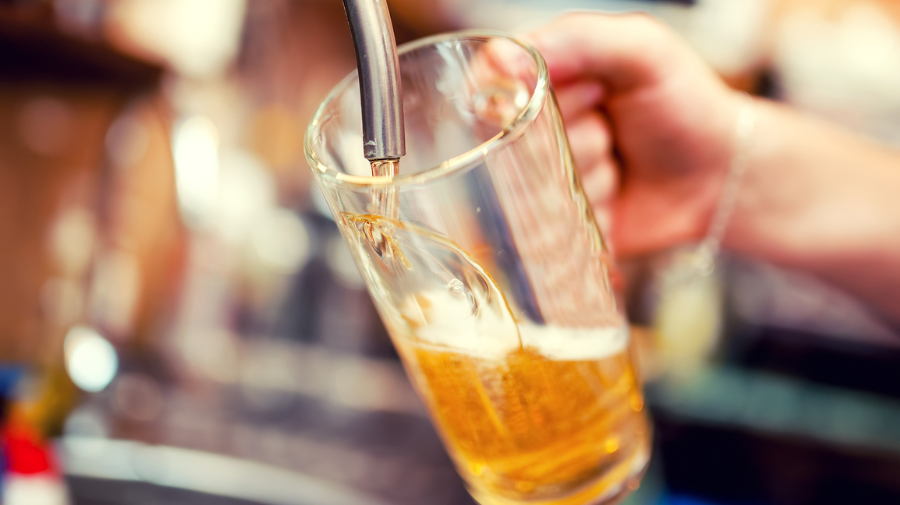
As winters become warmer and shorter worldwide and summers hotter and drier, hop farmers are facing problems. A spokesperson for Asahi Group Holdings told Just Drinks that, if temperatures were to increase by two degrees by 2050, the company would anticipate a 13% decline in hops quality and a 5% reduction in yield in the Czech Republic, where it sources its hops for its Pilsner Urquell brand.
Carlsberg is also worried. Birgitte Skadhauge, head of the Carlsberg Research Laboratory, says: “Climate change is a real threat not only to us brewers but also to the entire food and beverage industry. Barley yields are falling. Fresh water is harder to find. Good quality barley and hops are under threat from drought and heat waves.”
Genetic breeding offers hope for hops
In the UK, Dr Hajdu is working with Dr Helen Cockerton on a new research project at the University of Kent. The team are working to analyse the genetic code of hop varieties in order to understand which genes offer resistance to the impacts of climate change.
Genes which enable hops to better withstand drought, heat and warm winters will be identified and used to crossbreed new, more resilient varieties. The researchers hope that it will mean hops can withstand tougher conditions.
Considering the potential of the research, Dr Hajdu emphasises the importance of quality, as well as resilience.
“Once we find out genetic markers for drought, we will then start looking for genetic markers for aromas and trying to direct these positive characteristics into new varieties to make sure that we don’t have a penalty on aromas just because varieties are very environmentally resilient.
It is very important that new varieties with good agronomy and good resilience still deliver flavour and aroma that actually sells
Dr Klara Hajdu, Wye Hops
“It’s a very ambitious goal but it is very important that new varieties with good agronomy and good resilience still deliver flavour and aroma that actually sells.”
The project, which also involves the National Institute of Agricultural Botany, the British Hop Association, The Hop Plant Company and LGC Genomics, is expected to take five years. This is much faster than traditional hop breeding, in which a sensory assessment of crops is used to establish the quality of growth, yield, smell and taste. In Dr Hajdu’s traditional hop breeding programme, it usually requires between ten and 12 years to develop the perfect hop.
“It is easier said than done and it is a long process,” she says. “It’s baby steps, but we are starting to understand a lot more about what is behind the DNA of the hop.”
Despite the promise behind the research, GlobalData’s Harris warns that genetic breeding will not be a fix-all and the implications of climate change are still cause for concern.
“Genetic breeding could definitely help the beer industry’s worries, but it’s also important to remember that this has limits. Greater tolerance to heat, cold, and wet weather will definitely be something in demand from hop farmers. However, sustained cold snaps, persistent hail, snow, or droughts will still damage crops and are becoming increasingly frequent in the UK.”
Beer brands want solutions
Carslberg has invested heavily in scientific solutions to beer’s climate change issues and has long invested in using crop breeding to develop hops with favourable traits for brewing. Its research laboratory is working with Professor Eske Willerslev from the University of Copenhagen on DNA extracted from a two-million-year-old plant from Greenland, which survived in warmer temperatures.
“Innovation is a key lever to meet the challenges of climate change and improve food security in the future,” Skadhauge says. “Today, the Carlsberg Research Laboratory has turned its focus to develop climate-tolerant plants with higher yields and better malting and brewing quality rethinking the entire brewing process to come up with better ways to brew beer in a way that is more climate-friendly.”
Carlsberg’s concerns are echoed by Asahi, where the company’s spokesperson explains that climate change “could potentially disrupt the steady supply of essential agricultural raw materials such as barley and hops”.
Asahi launched its ‘FOR HOPS’ project in 2021 to support farmers in the Czech Republic, where 80% of the hops produced are of the Saaz semi-early red bine variety (Žatecký poloraný červeňák). Grown in the north-west of the country, the hops are used in Pilsner Urquell.
The health of hops will be central to the procurement and sustainability strategies of brewers as the planet warms. The quantity and quality of the ingredient are intrinsic to the quantity and quality of the beer that reaches shelves and bars.




